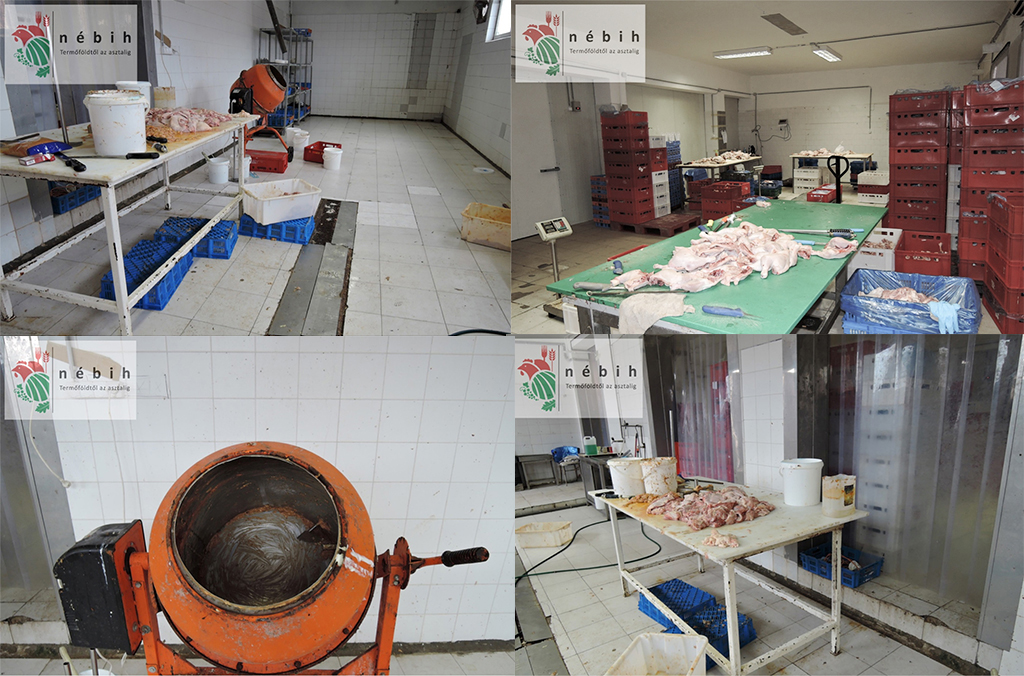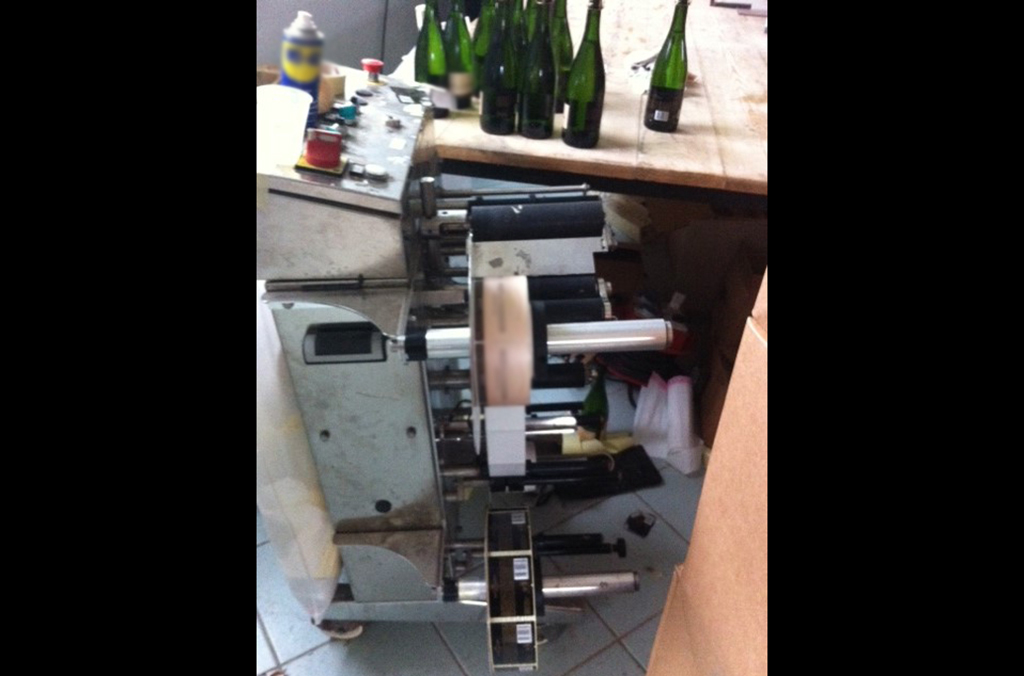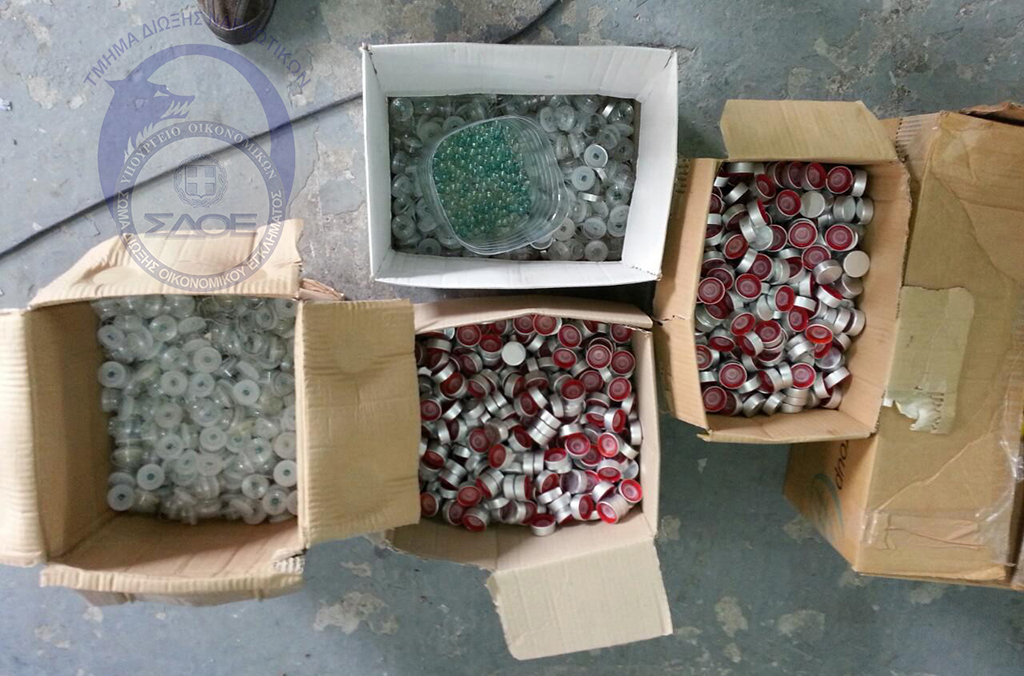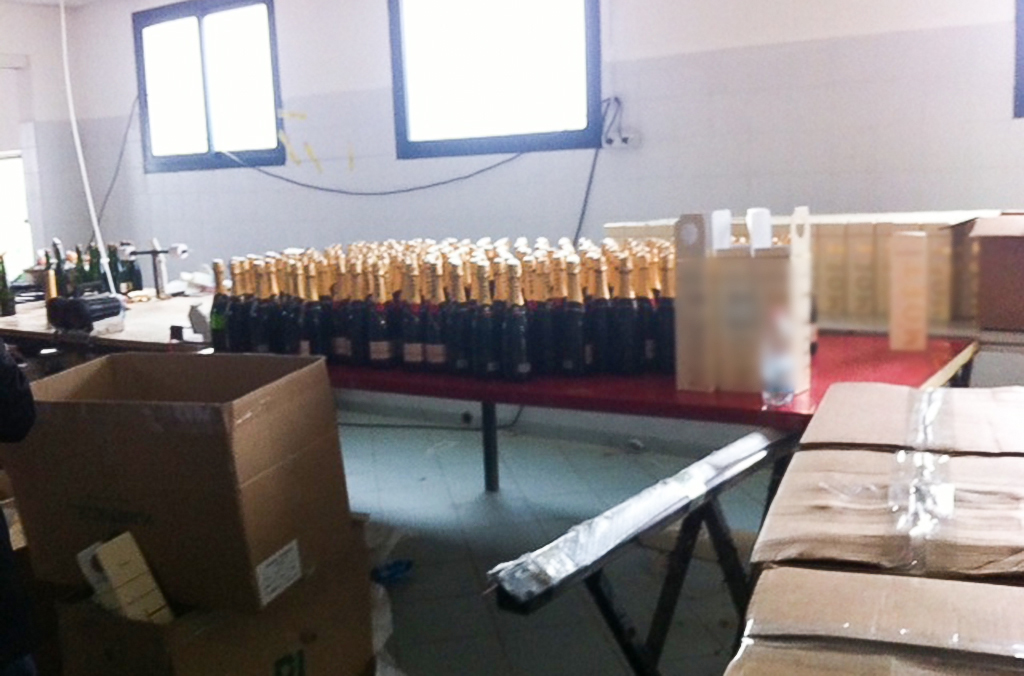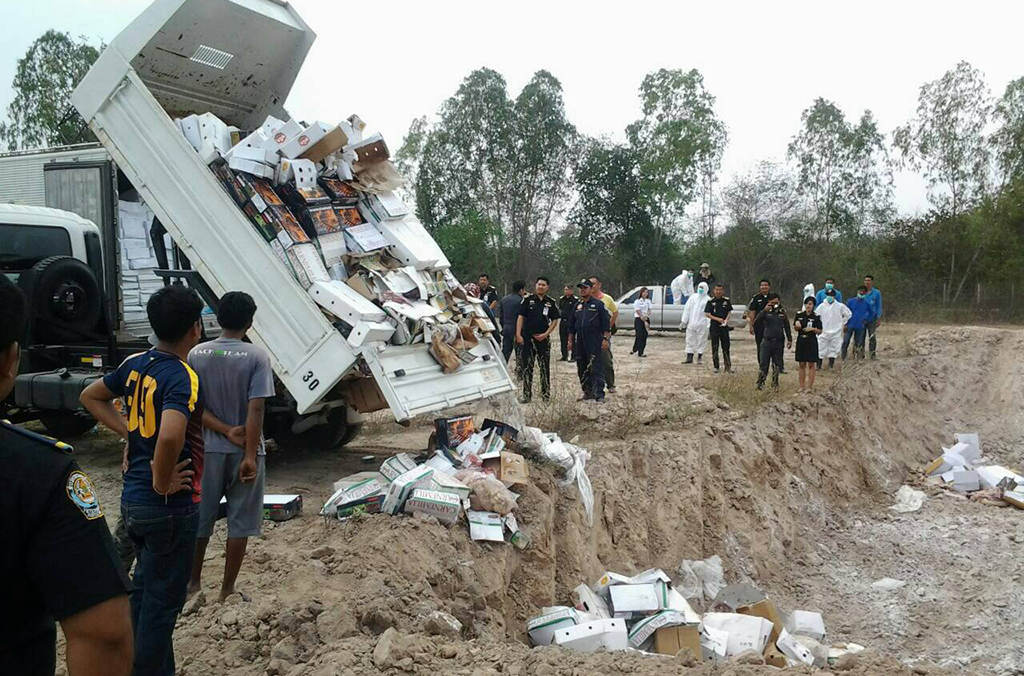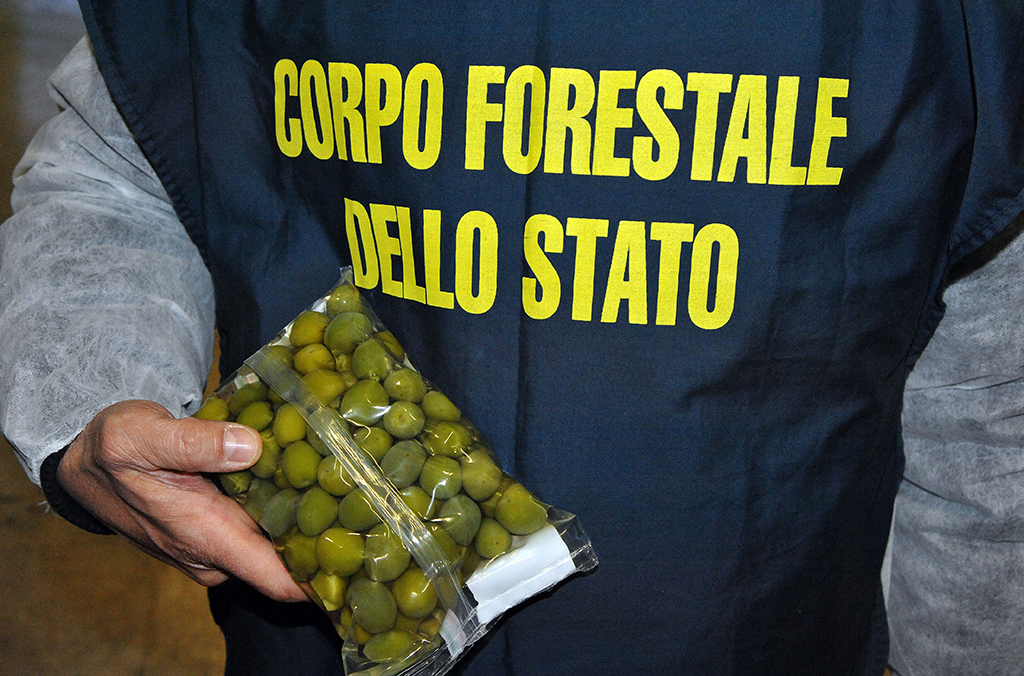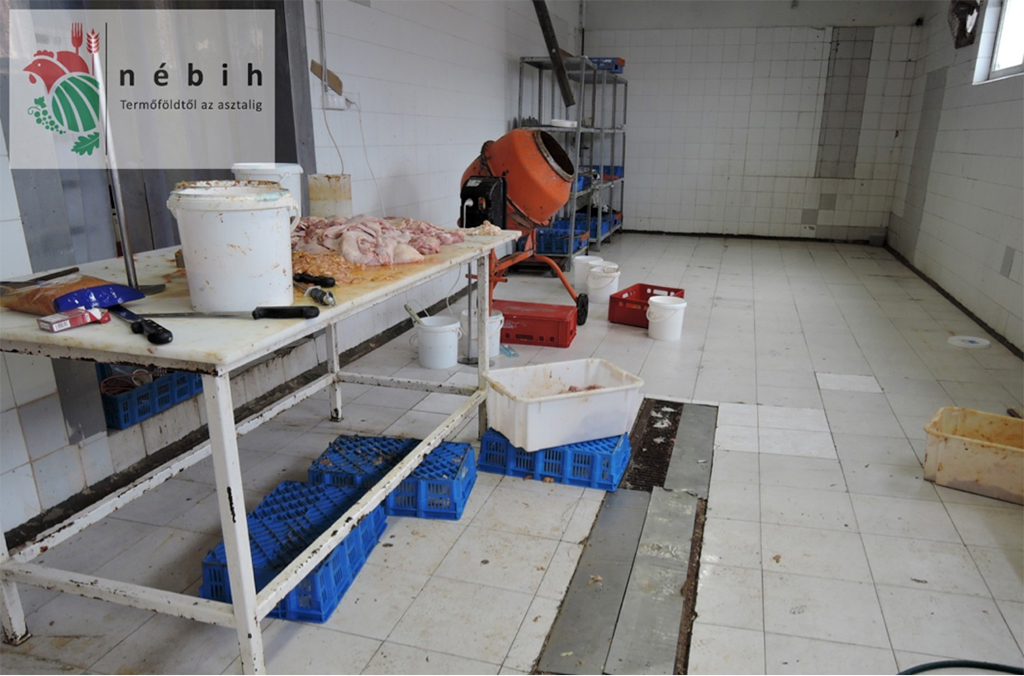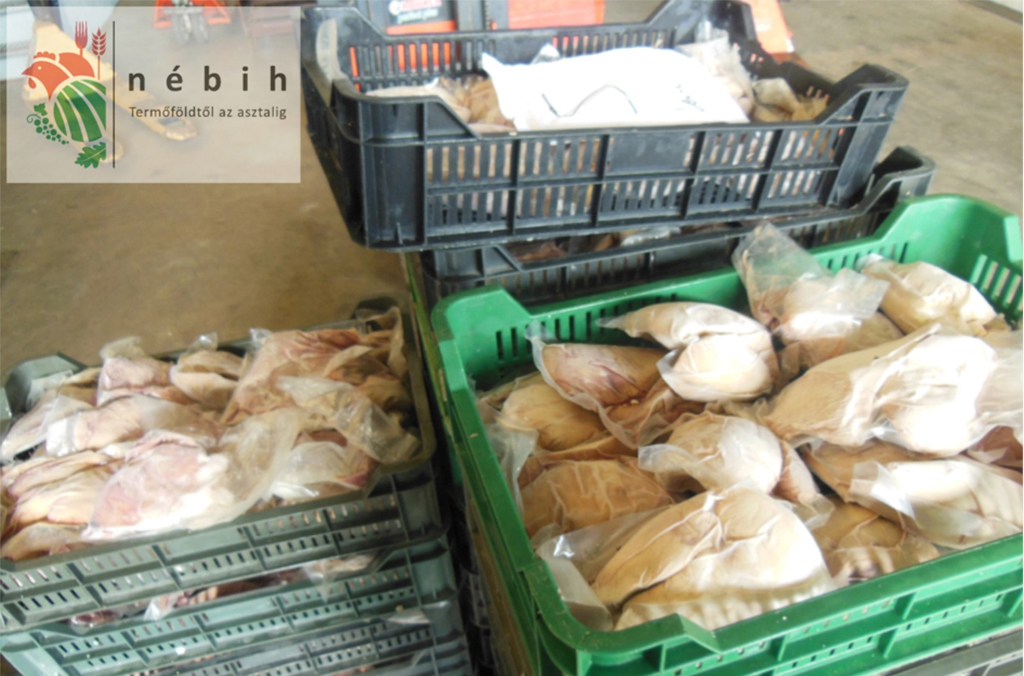LYON, France – The final results from the joint INTERPOL-Europol operation Opson V targeting counterfeit food and drink have shown condiments as the most faked or illicitly traded products, representing 66 per cent of all seizures.
The report published today shows fruit and vegetables as the second most counterfeited category, with alcohol remaining a high-risk product with more than 385,000 litres of fake drinks seized.
Among the condiments recovered were vegetable oil, vinegar, salt, pepper, spices and sauces. Significant seizures of falsely labelled olive oil were made in Italy, with some 423,000 litres of smuggled palm oil in Thailand and 1.5 tonnes smuggled mayonnaise in Colombia also reported.
In total nearly 5.5 million units of food and drink ‒ nearly 1.5 million litres and more than 11 tonnes – were seized at shops, markets, airports, seaports and industrial estates during the four-month (November 2015 - February 2016) Operation Opson V which ran across 57 countries.
In addition to a breakdown of the results, the report also identifies new modus operandi used by criminals in addition to a range of case studies:
- Following complaints about a branded whisky, an investigation by Zambia police led to the dismantlement of a criminal network. Stolen branded whisky materials including boxes, bottle caps and sealing tapes had been used to package illegally produced alcohol. In total, 35,500 bottle caps, 429,000 labels, 99 carton boxes, 2,250 litres of ethanol and 900 bottles of counterfeit whisky were seized.
- An investigation by police in Sudan identified a criminal network involved in sugar trafficking. Officers identified a warehouse in Khartoum where 8.6 tonnes of counterfeit sugar contaminated with fertilizers were stored.
- More than 526 tonnes of olives were seized in Italy after having been ‘painted’ with a copper sulphate solution to enhance their green colour, amounting to an estimated value of EUR 2.5 million.
Targeting the organized crime networks behind the illicit food and drink trade, the Opson operations coordinated by INTERPOL and Europol began in 2011 with just 10 countries.
The quantities of counterfeit or substandard food and drink seized during Opson V far exceeded results from previous operations, in part due to the large number of countries and partners from the private sector taking part, reflecting a growing awareness of the problem of food fraud.
The report was presented at a debriefing meeting hosted by the Spanish authorities in Madrid on 20 and 21 October when it was adopted by all participating countries.
The following countries took part in Opson V: Albania, Argentina, Australia, Austria, Belarus, Belgium, Bolivia, Bosnia and Herzegovina, Bulgaria, Burundi, Colombia, Comoros, Côte d’Ivoire, Croatia, Czech Republic, Denmark, Ecuador, Eritrea, Estonia, Fiji, Finland, France, Germany, Greece, Hungary, Iceland, Indonesia, Ireland, Italy, Jordan, Kenya, Latvia, Lithuania, Luxemburg, The Netherlands, Nigeria, Norway, Peru, Portugal, Romania, Russia, Rwanda, Seychelles, South Korea, South Sudan, Spain, Sudan, Sweden, Tanzania, Thailand, Togo, Turkey, United Kingdom, Uruguay, USA, Vietnam and Zambia.




